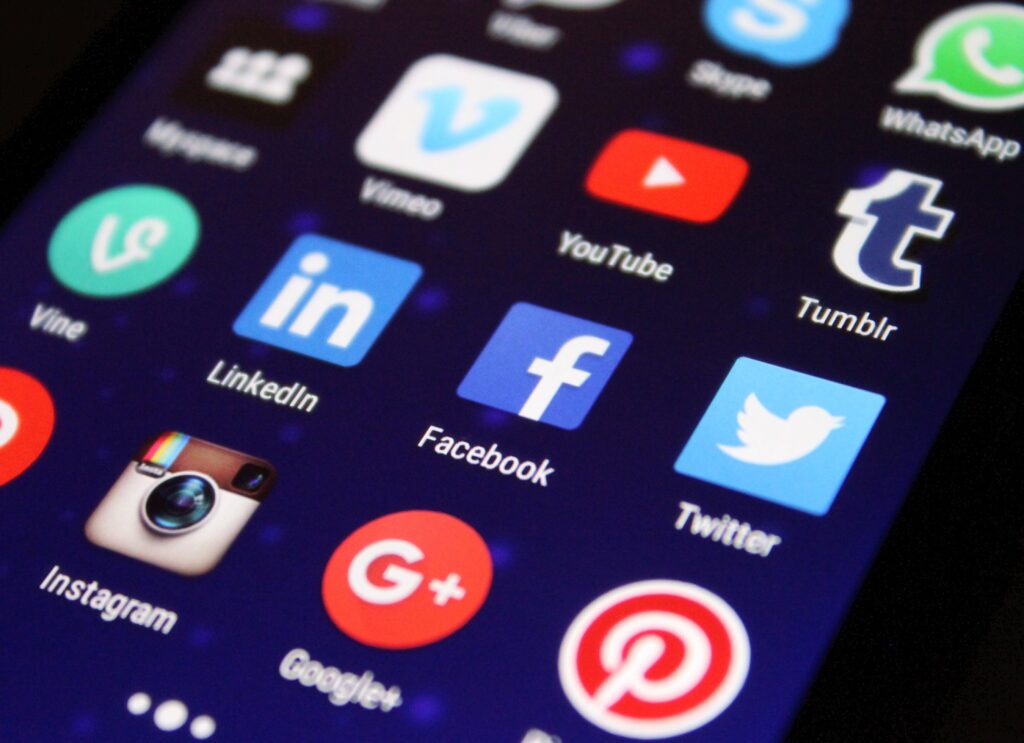In today’s digital age, social media has become an integral part of our daily lives. However, excessive use of social media can lead to social media addiction. This addiction is characterized by an uncontrollable urge to constantly check and engage with social media platforms, resulting in negative consequences on one’s mental health and overall well-being.
Research has shown that spending excessive time on social media can have detrimental effects on various aspects of our lives. First and foremost, it can negatively impact our mental health, leading to increased feelings of anxiety, depression, and loneliness. The constant comparison to others’ seemingly perfect lives portrayed on social media can erode self-esteem and contribute to feelings of inadequacy.
Excessive use of social media can disrupt our productivity and concentration levels. The constant distractions from notifications and the endless scrolling through feeds can make it difficult for individuals to focus on important tasks or engage in meaningful offline activities. It often leads to decreased face-to-face interactions with friends and family members, as well as a decline in real-life social skills. This not only affects personal relationships but also hinders the development of strong interpersonal connections.
Recognizing the negative impact that excessive social media use can have on our lives, many individuals are turning towards digital detoxes. A digital detox involves consciously disconnecting from all forms of technology for a specified period – be it a day or even a week – in order to reset and recharge both mentally and physically. During a digital detox, individuals are encouraged to engage in offline activities such as reading books, pursuing hobbies, spending quality time with loved ones or simply enjoying nature without any technological distractions. This intentional break from the online world allows individuals to regain control over their screen time habits while reaping the benefits of reduced anxiety levels and improved overall well-being.
The Shift Towards Mindful Social Media Consumption
As we spend an increasing amount of time on these platforms, it is crucial to adopt a mindful approach to our social media use. Being intentional about our social media consumption can have a profound impact on our overall well-being and mental health. Knowing the potential effects of extensive social media use is only half the battle. Once you have acknowledged that there are negative aspects of social media in your life, you can start to address it by following these tips:
Setting Boundaries and Time Limits
-
Consider setting screen time limits. Knowing that you have a limited period of time can ensure that you focus on the things that bring you enjoyment without mindless scrolling.
-
Break up these times throughout the day. Scrolling for long periods of time in one sitting can be hard to break away from, but spreading it throughout the day can make it easier to enjoy and step away from.
Prioritizing Real-Life Connections and Activities
-
Fostering offline relationships and engaging in hobbies and activities that don’t involve screens is a great way to remind your mind and body that you enjoy things that are not focused on social media. The more often you do things you enjoy away from social media, the more likely it is that you are going to want to do that over sitting and scrolling.
-
Finding balance between virtual and real-world interactions is equally important. Social media and the virtual world are not inherently bad, but do seem that way when they consume people. Take time to find what your healthy balance between the two is and stick to it as much as possible.
Curating a Healthy Online Environment
-
Unfollowing negative accounts or triggers can help ensure that the time you do spend online creates a positive online community. Social media is supposed to be something for you to enjoy. While staying informed is healthy, actively putting yourself in stressful situations when you are supposed to be relaxing is a great way to burn out quickly.
-
Filtering content for mental well-being is easier than ever before. Many forms of social media will use algorithms to see what you do engage with to create suggestions of what you might like. Use filters, reports, or direct settings to help make this curated feed fitted properly for your wants and needs.
Practicing these mindful techniques while scrolling through social media can help prevent a great deal of issues in the long-term. If you are looking for an opportunity that keeps your mind active and focused while you work, then check out our job board here or connect with a dedicated recruiter to learn about other potential opportunities here. Take the first step in the right direction for your social media habits and your career so you can set yourself for success!











